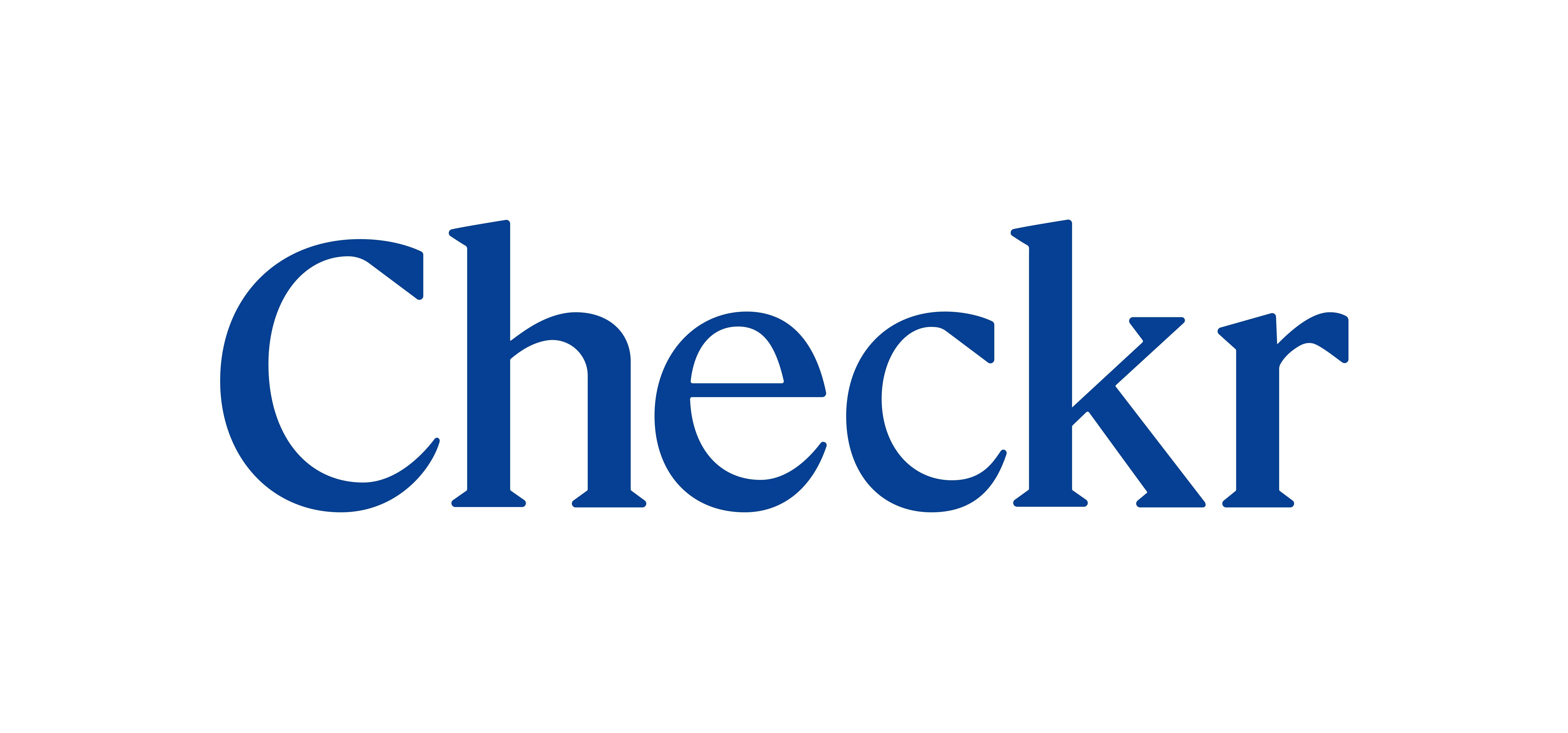-
 anemptytextllineThe CFSY offers best practices for fair chance hiring including general tips for success, and concrete steps to follow to get your company motivated and ready, to acquire fair chance talent, and to onboard and promote new employees.
anemptytextllineThe CFSY offers best practices for fair chance hiring including general tips for success, and concrete steps to follow to get your company motivated and ready, to acquire fair chance talent, and to onboard and promote new employees. -
 anemptytextllineThe Society for Human Resource Management provides a brief article about best practices for hiring people with criminal records, which includes: Making the effort part of corporate culture; Providing training and work support; Establish Mentoring; and Default to Transparency.
anemptytextllineThe Society for Human Resource Management provides a brief article about best practices for hiring people with criminal records, which includes: Making the effort part of corporate culture; Providing training and work support; Establish Mentoring; and Default to Transparency. -
 anemptytextllineDave’s Killer Bread created a Playbook with free video content designed for business leaders and human resource professionals looking to understand and adopt fair chance hiring within their organizations.
anemptytextllineDave’s Killer Bread created a Playbook with free video content designed for business leaders and human resource professionals looking to understand and adopt fair chance hiring within their organizations. -
 anemptytextllineThe Society for Human Resource Management created a comprehensive toolkit to support employers with fair chance hiring, including how to best recruit, welcome and develop employees who have criminal backgrounds.
anemptytextllineThe Society for Human Resource Management created a comprehensive toolkit to support employers with fair chance hiring, including how to best recruit, welcome and develop employees who have criminal backgrounds. -
 anemptytextllineCheckr is the leader in the background check industry. As a fair chance, mission driven company, their trust and safety platform is strengthened through the integration of fairness tools that help customers get a wide and diverse talent pipeline and which open doors to employment consideration for people who are formerly incarcerated. Checkr is a proud fair chance employer and advocate and wants to ensure that a criminal record is not a barrier to professional success.
anemptytextllineCheckr is the leader in the background check industry. As a fair chance, mission driven company, their trust and safety platform is strengthened through the integration of fairness tools that help customers get a wide and diverse talent pipeline and which open doors to employment consideration for people who are formerly incarcerated. Checkr is a proud fair chance employer and advocate and wants to ensure that a criminal record is not a barrier to professional success. -
 anemptytextllineThe Society for Human Resource Management toolkit for building a culture based on strongly held and widely shared beliefs that are supported by strategy and structure.
anemptytextllineThe Society for Human Resource Management toolkit for building a culture based on strongly held and widely shared beliefs that are supported by strategy and structure. -
 anemptytextllineMany authors and entities contributed to this Toolkit on fair chance hiring in CA. The Toolkit includes information on Legal Compliance and Minimizing Risk; Choosing a Background Check Company; Rewards of Hiring Fair Chance Workers; and Best practices for Training and Onboarding.
anemptytextllineMany authors and entities contributed to this Toolkit on fair chance hiring in CA. The Toolkit includes information on Legal Compliance and Minimizing Risk; Choosing a Background Check Company; Rewards of Hiring Fair Chance Workers; and Best practices for Training and Onboarding. -
 anemptytextllineThe National Employment Law Project provides the top 10 principles to follow as you craft a fair chance hiring policy, including “ban the box”. These principles have been distilled from work with jurisdictions across the country and are applicable to any state or region.
anemptytextllineThe National Employment Law Project provides the top 10 principles to follow as you craft a fair chance hiring policy, including “ban the box”. These principles have been distilled from work with jurisdictions across the country and are applicable to any state or region. -
 anemptytextllineGreenhouse.io is dedicated to helping every company be great at hiring. This is the first of a two-part blog series, covering issues of diversity and inclusion in hiring programs.
anemptytextllineGreenhouse.io is dedicated to helping every company be great at hiring. This is the first of a two-part blog series, covering issues of diversity and inclusion in hiring programs. -
 anemptytextllineGreenhouse.io’s second in the 2-part blog series, focusing on five steps that an employer can take to implement a fair chance hiring program, including: Know the laws; Get Executive buy-in; Communicate with the company; Find the Right Partners; and Start now and build the foundation for success
anemptytextllineGreenhouse.io’s second in the 2-part blog series, focusing on five steps that an employer can take to implement a fair chance hiring program, including: Know the laws; Get Executive buy-in; Communicate with the company; Find the Right Partners; and Start now and build the foundation for success
Campaign for the Fair Sentencing of Youth (EIN 27-3761788) is a registered 501(c)(3) nonprofit organization
















